Embodiment Across the Disciplines: A Roundtable Conversation
-
Julia Henderson, Occupational Science and Occupational Therapy; Logan Smilges, English Language and Literatures; Rosanne Sia, Gender, Race, Sexuality and Social Justice; and Helena Zeweri, Anthropology; with Stephen Dabugblor (moderator), Journalism, Writing and Media
Coach House, Green College, UBC and livestreamed
Tuesday, February 27, 5-6:30 pm with reception to followin the series
Embodiment as Knowledge Translation -
Although research has historically been considered a life of the mind, it is also undeniably a life of embodied experience. Embodiment shapes the objects, methods, processes, and outcomes of research, with significance for how we think about knowledge and its impact across disciplines. In this roundtable conversation, Green College Leading Scholars from across disciplines will discuss how their lived embodied experiences shape their research practices.
 Stephen Dadugblor focuses his research on the intersection of democratic deliberation, culture, and rhetoric. He studes the ways in which postcolonial African societies draw upon cultural deliberative resources to refashion and decolonize their social worlds in the aftermath of colonialism. Currently, Stephen is working on two major projects. The first, Deliberating Electoral Disputes, investigates citizen deliberations surrounding electoral politics in Ghana. The second, Forging Peace, Cultivating Citizenship attends to the rhetorical processes by which the Ghanaian nation-state fosters an ethos of peace and non-violence across ethnolinguistic and religious differences to cultivate citizenship following military interventions in the country's politics.
Stephen Dadugblor focuses his research on the intersection of democratic deliberation, culture, and rhetoric. He studes the ways in which postcolonial African societies draw upon cultural deliberative resources to refashion and decolonize their social worlds in the aftermath of colonialism. Currently, Stephen is working on two major projects. The first, Deliberating Electoral Disputes, investigates citizen deliberations surrounding electoral politics in Ghana. The second, Forging Peace, Cultivating Citizenship attends to the rhetorical processes by which the Ghanaian nation-state fosters an ethos of peace and non-violence across ethnolinguistic and religious differences to cultivate citizenship following military interventions in the country's politics.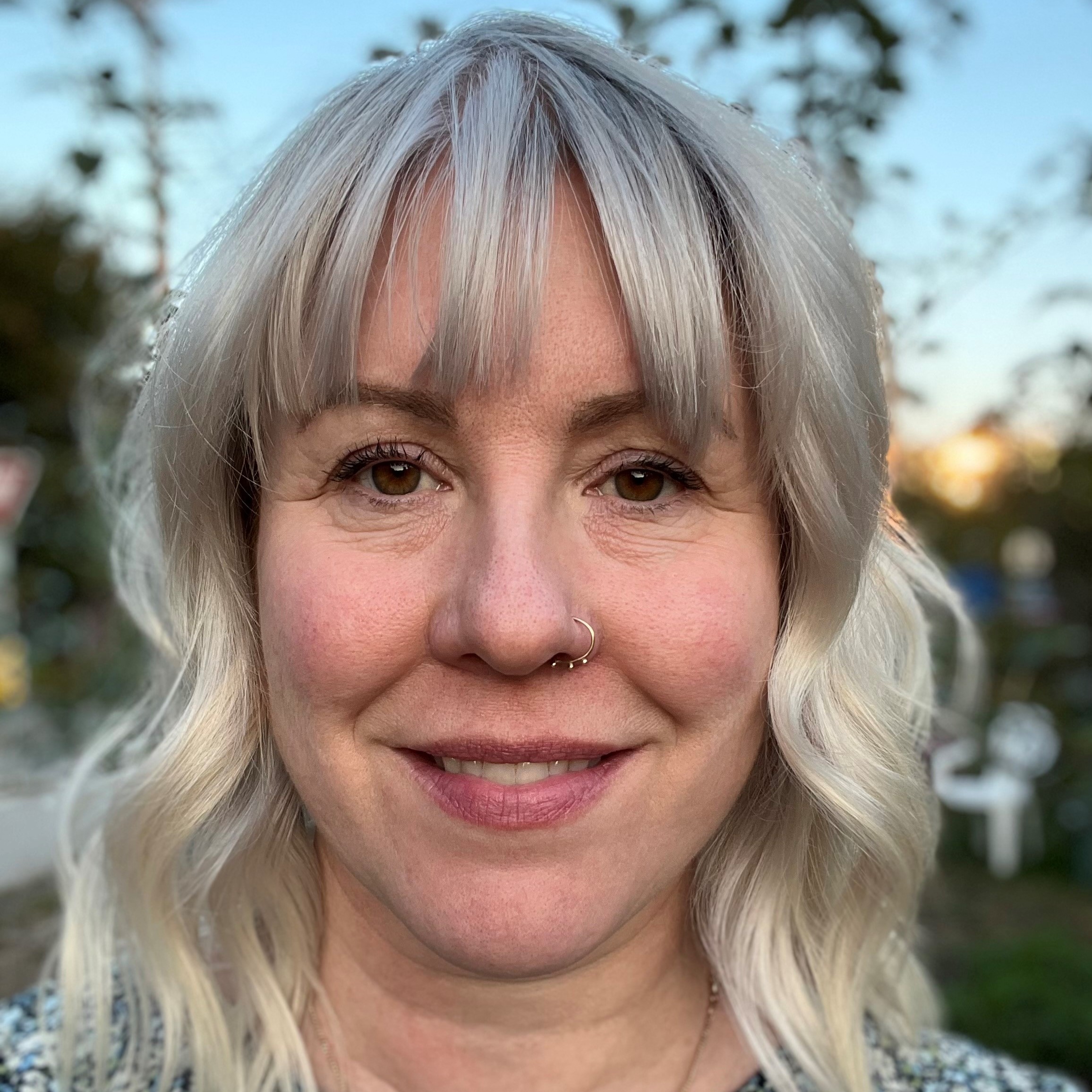 Julia Henderson has a background as an occupational therapist and a professional actor. My research employs critical age studies and occupational justice approaches to investigate representations of aging and older age, with a focus on strategies that redress ageism in North American culture. She uses qualitative and mostly arts-based methods, especially theatre, to work with older adults on projects that range from collaborative creative engagement with people with lived experience of dementia, to older adult activism, to developing creative accessibility strategies for older adult theatre artists and audiences.
Julia Henderson has a background as an occupational therapist and a professional actor. My research employs critical age studies and occupational justice approaches to investigate representations of aging and older age, with a focus on strategies that redress ageism in North American culture. She uses qualitative and mostly arts-based methods, especially theatre, to work with older adults on projects that range from collaborative creative engagement with people with lived experience of dementia, to older adult activism, to developing creative accessibility strategies for older adult theatre artists and audiences.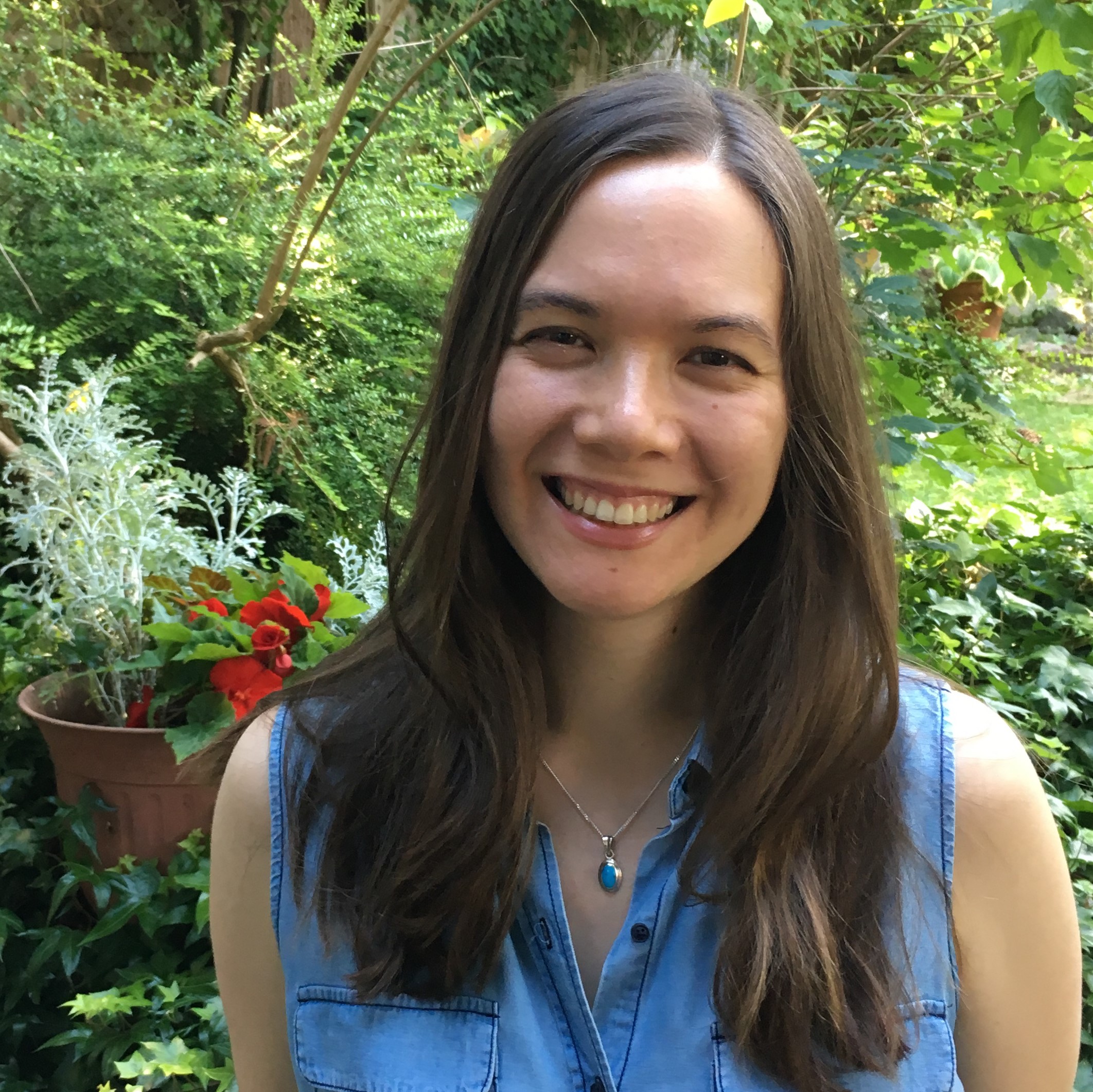 Rosanne Sia focuses her historical research at the intersection of performance studies, critical race theory, and gender & sexuality studies. My first book project, Fantasy in Motion: Performing Racial Imaginaries in the early Cold War, looks at women of Asian and Latinx descent who danced and sang on early Cold War nightclub circuits. She was lucky enough to meet a number of former nightclub entertainers who were in their eighties and nineties. Rosanne felt an urgent need to share what she had learned about lives that she found so extraordinary, daring, and brave in the face of racism and sexism. Her book draws on both oral histories and archival research to explore how entertainers crossed boundaries of genre, nation, language, race, and sexuality that exceeded Cold War narratives of racial integration.
Rosanne Sia focuses her historical research at the intersection of performance studies, critical race theory, and gender & sexuality studies. My first book project, Fantasy in Motion: Performing Racial Imaginaries in the early Cold War, looks at women of Asian and Latinx descent who danced and sang on early Cold War nightclub circuits. She was lucky enough to meet a number of former nightclub entertainers who were in their eighties and nineties. Rosanne felt an urgent need to share what she had learned about lives that she found so extraordinary, daring, and brave in the face of racism and sexism. Her book draws on both oral histories and archival research to explore how entertainers crossed boundaries of genre, nation, language, race, and sexuality that exceeded Cold War narratives of racial integration.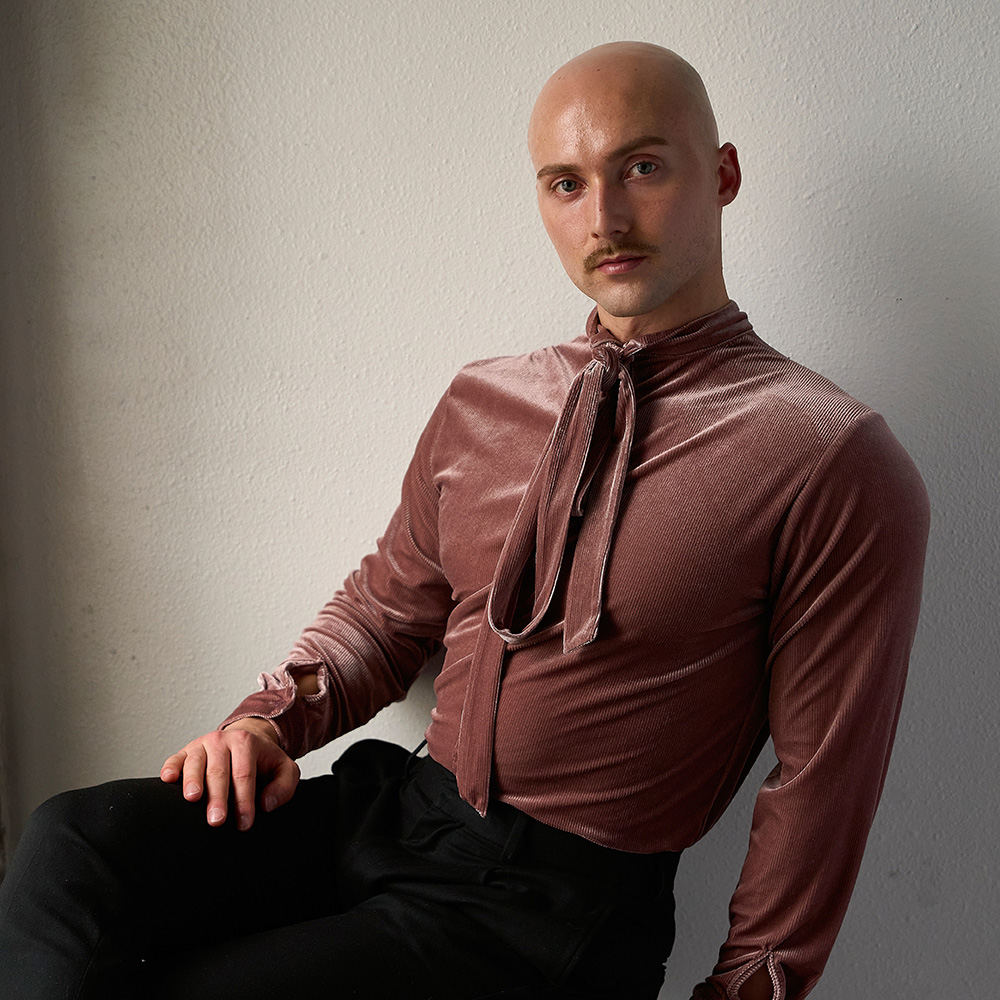 With commitments to trans feminism and disability justice, Logan Smilges understand my work in queer & trans disability studies, rhetorical studies, and the history of medicine as a means to advocate for gender-expansive equity and anti-ableism. He is particularly interested in writing genealogies that reveal how ideas related to sexuality, gender, and disability are mutually entwined. His first book Queer Silence: On Disability and Rhetorical Absence (2022) charts the foundational role of disability in the field of queer studies, and my current book project Neurotrans Intimacies dials in on the cultural and political entanglements of transness and mental disability.
With commitments to trans feminism and disability justice, Logan Smilges understand my work in queer & trans disability studies, rhetorical studies, and the history of medicine as a means to advocate for gender-expansive equity and anti-ableism. He is particularly interested in writing genealogies that reveal how ideas related to sexuality, gender, and disability are mutually entwined. His first book Queer Silence: On Disability and Rhetorical Absence (2022) charts the foundational role of disability in the field of queer studies, and my current book project Neurotrans Intimacies dials in on the cultural and political entanglements of transness and mental disability.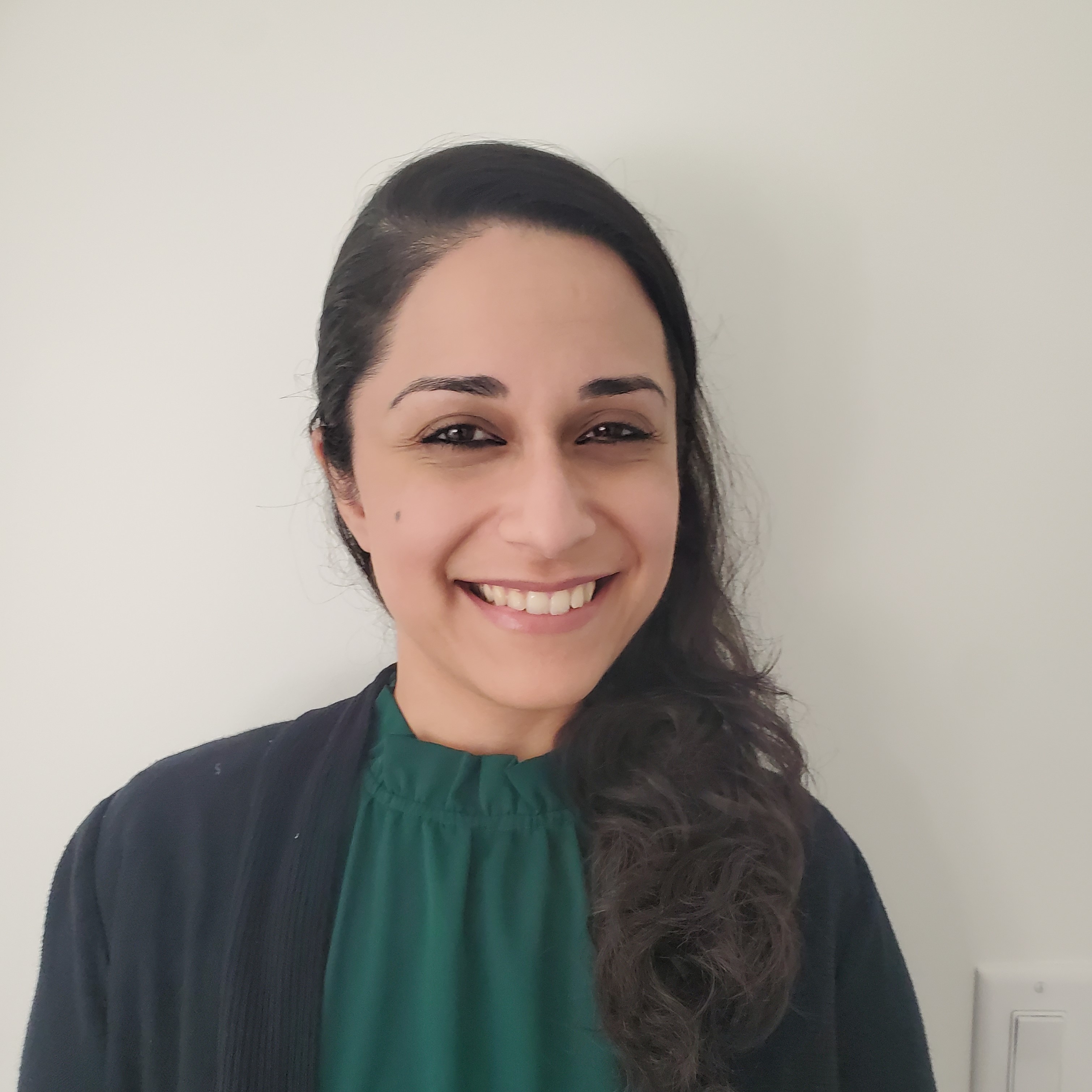 Helena Zeweri's scholarship lies at the intersection of global migration studies, the social impacts of policy, and diasporic identity, with a focus on Australia, the Afghan diaspora, and the US. Grounded in ethnographic methods, her first project examined how migrant sociality becomes an object of moral concern and legal intervention for the Australian state in the wake of increased maritime migration from post-war contexts. Her current project looks at the political life of Afghan diasporas in the US and Australia since the Global War on Terror, with a focus on first and second-generation community leaders.
Helena Zeweri's scholarship lies at the intersection of global migration studies, the social impacts of policy, and diasporic identity, with a focus on Australia, the Afghan diaspora, and the US. Grounded in ethnographic methods, her first project examined how migrant sociality becomes an object of moral concern and legal intervention for the Australian state in the wake of increased maritime migration from post-war contexts. Her current project looks at the political life of Afghan diasporas in the US and Australia since the Global War on Terror, with a focus on first and second-generation community leaders.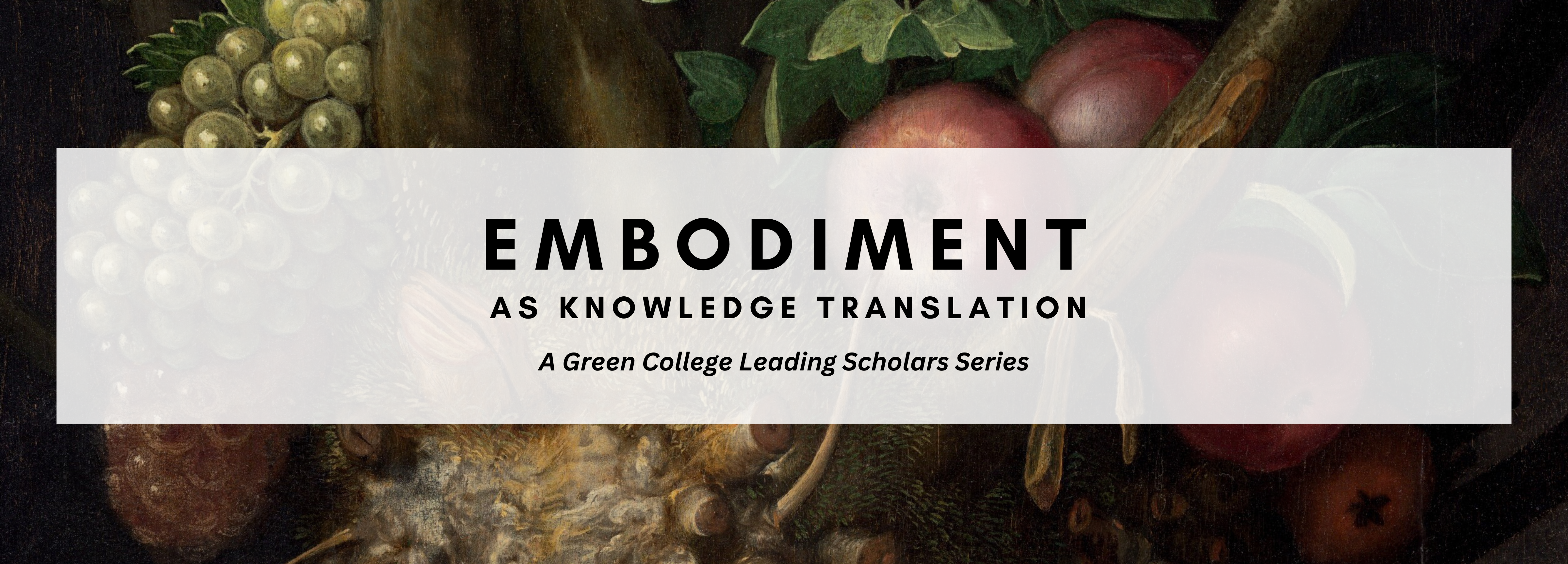
Organized by Green College Leading Scholars, this series invites perspectives on how to locate, understand, experience, enact and care for embodiment. How is the body activated as source and repository of knowledge? Where do we find generative inquiry into the affective and social dimensions of producing and exchanging knowledge? This series of lectures and roundtables explores the performance of care; relational accountability; and the emotional labour involved in archival work, storytelling, translation, healthcare, creative practices and teaching.
Series Conveners: Abdul-Fatawu Abdulai, Nursing; Irem Ayan, French, Hispanic and Italian Studies; Stephen Dabugblor, Journalism, Writing and Media; Julia Henderson, Occupational Science and Occupational Therapy; Sara Ann Knutson, History; Jillian Lerner, Art History, Visual Art and Theory; Jasmin Ma, Kinesiology; Elif Sari, Anthropology; Rosanne Sia, Gender, Race Sexuality and Social Justice; Logan Smilge, English Language and Literatures; Helena Zeweri, Anthropology; and Mila Zuo, Theatre and Film

-
Unless otherwise noted, all of our lectures are free to attend and do not require registration.
Custom Lecture Fields
|